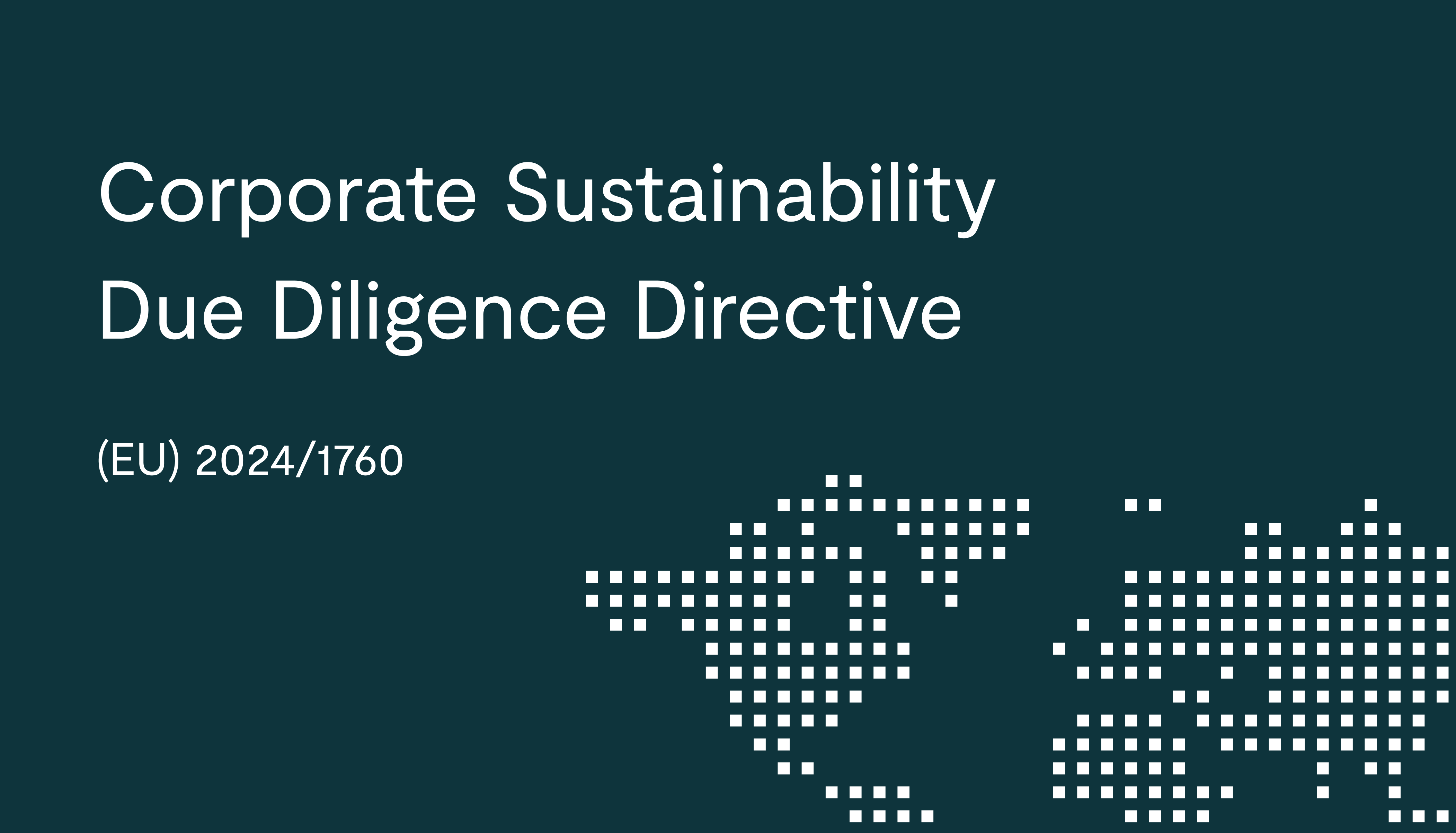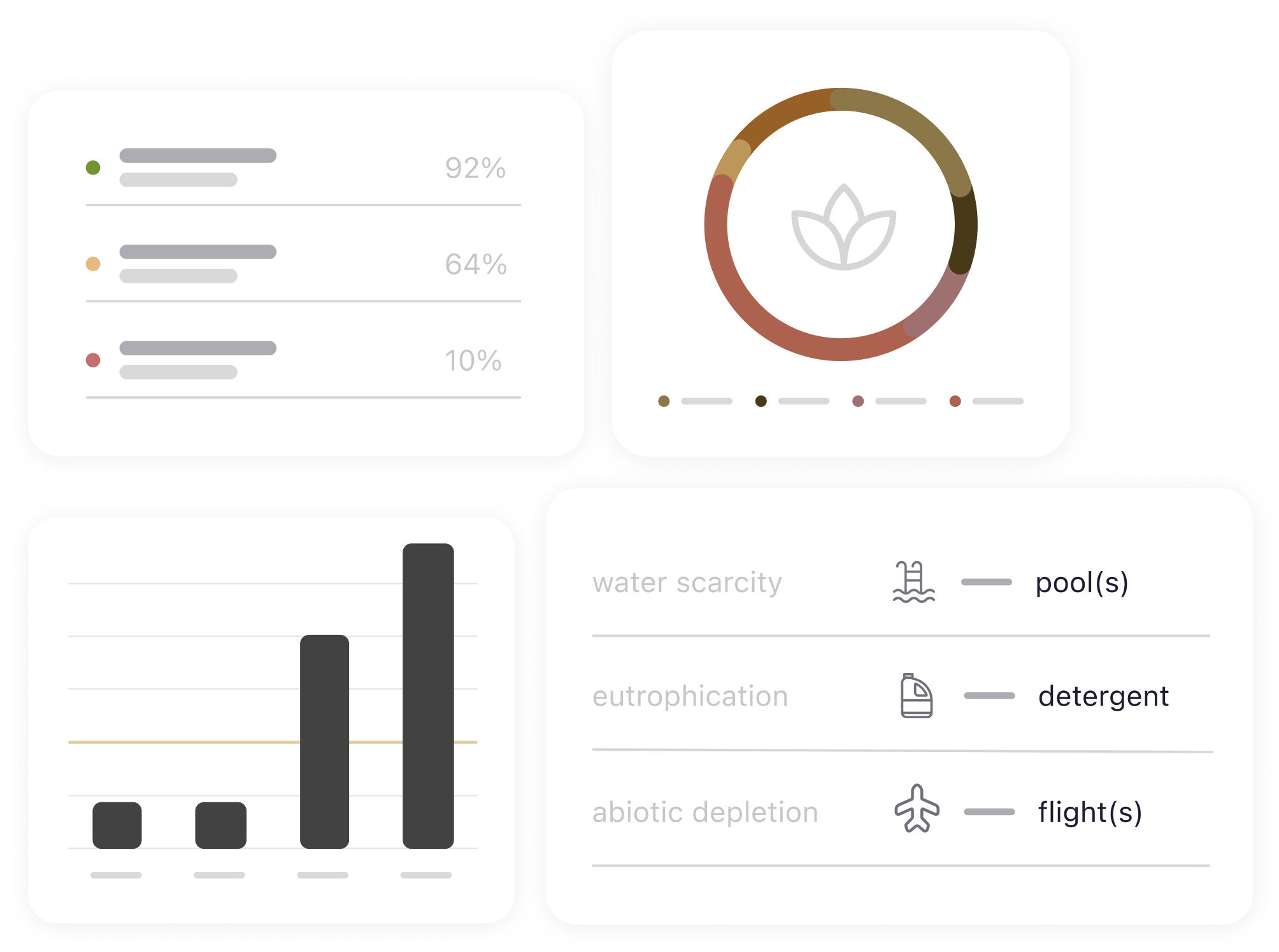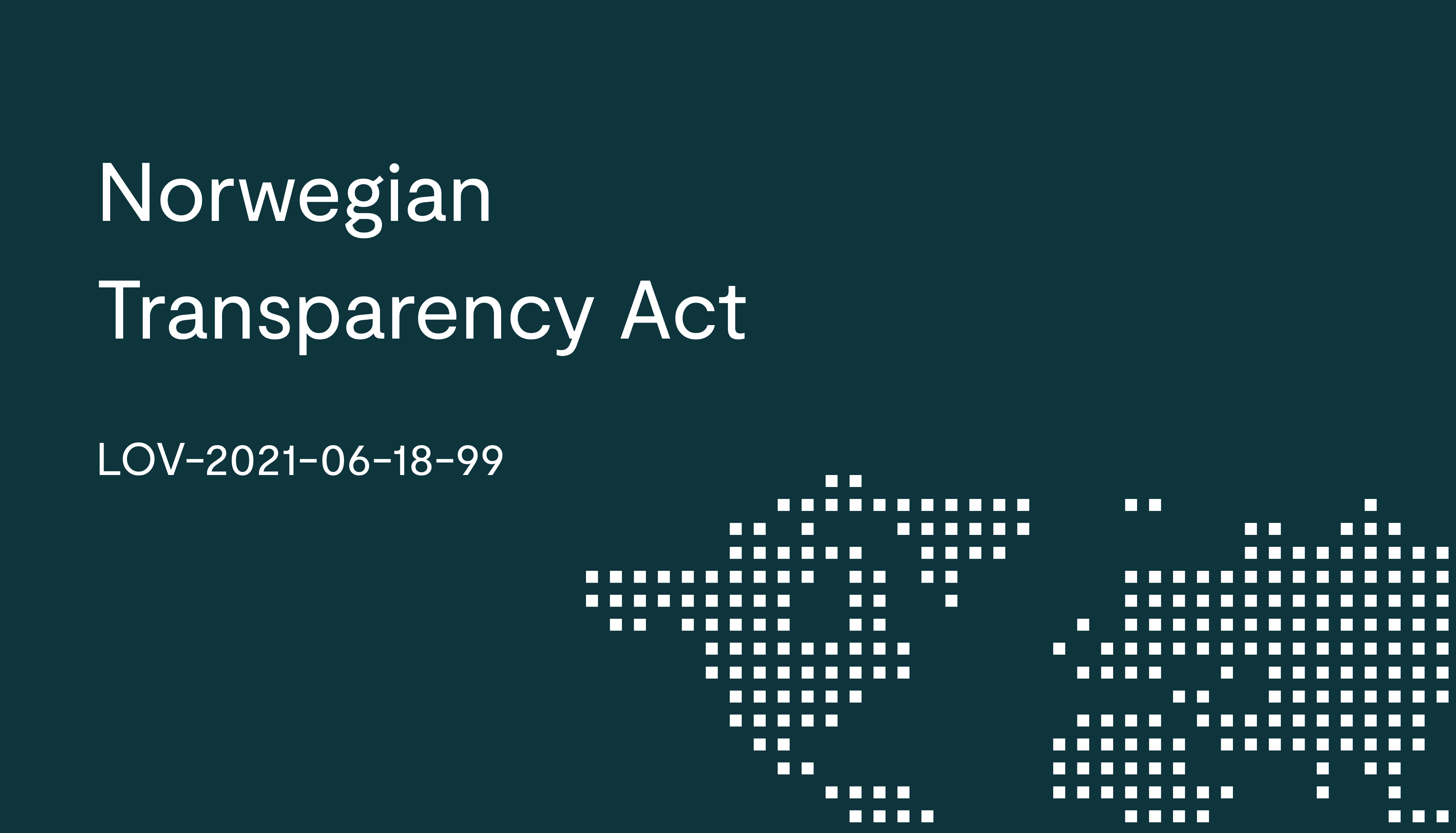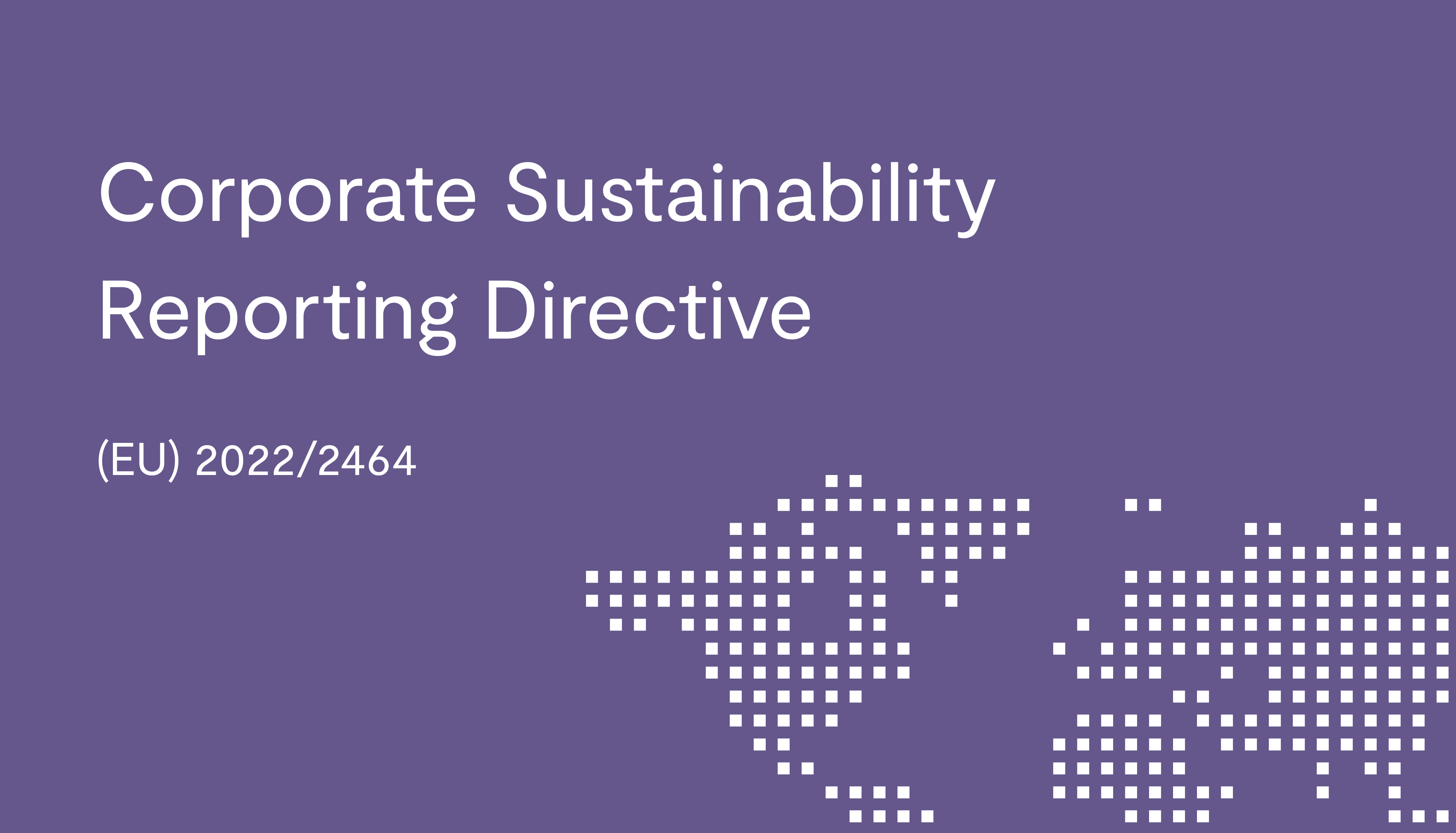Only 14% of the 72 largest global fashion companies have policies to protect workers in their own operations and supply chains
Business & Human Rights Resource Centre
How are you ensuring the protection of workers’ rights throughout your supply chain?
Requirements introduced by legislation
- Assessment of the risk of adverse impacts on human rights, the environment, and good governance associated with operations and business relationships.
- Prevention and mitigation of adverse impacts identified in the risk assessment.
- Verification of the effectiveness of the measures to prevent and mitigate adverse impacts and to assess the accuracy of disclosures.
Who must comply
- The directive would apply to large companies, including listed EU companies and non-listed EU companies with more than 1,000 employees and a net turnover of €450 million.
- Non-EU companies with a turnover in the EU of at least €450 million.
- Companies that do not reach the turnover threshold but that are the ultimate parent company of a group.
Key law specifications
- The due diligence process would need to be adapted to the size and complexity of the company and the nature and context of its operations.
- Reporting of the steps taken to identify, prevent, mitigate, and account for the actual and potential adverse impacts of the operations and business relationships.
- Contribution to effective remediation mechanisms for actual or potential adverse impacts.
Penalties for non-compliance
- The Directive emphasizes that any sanction for non-compliance must be proportionate.
- In cases of identified non-compliance, investigating public authorities are directed to grant the company an appropriate period to rectify the failure before imposing sanctions, underlining a commitment to remedial action.
- While the Directive specifies a limited set of sanctions applicable across Member States, it empowers each state to tailor enforcement processes in accordance with their national law. Pecuniary sanctions, when applied, are mandated to be proportionate to the company’s turnover.
Take action with BCome
- Identify potential risks along your supply chain through Social Life Cycle Assessment.
- Create customized risk assessment reports.
- Use BCome as a third party to verify the prevention measures adopted.
Timeline for its entry into force and compliance
From 2029
Application for small companies
All the remaining companies within the scope of the directive (including those over 1,000 employees and worldwide turnover higher than €450 million).
From 2028
Application for medium companies
Firms with over 3,000 employees and a €900 million worldwide turnover.
From 2027
Application for big companies
Companies with over 5,000 employees and worldwide turnover higher than €1,500 million.
July 2024
Entry into force
The directive is formally endorsed by the Council, signed and published in the EU Official Journal.
April 2024
Parliament gives the final green light to the CSDDD
The European Parliament approved the new Due Diligence Directive, agreed on with the Council.
March 2024
EU Council approves the Due Diligence Directive
The Council approves a softened version of the legislative text.
December 2023
Provisional agreement reached between Parliament and Council
After inter-institutional negotiations, a provisional agreement is reached between the European Parliament and the Council.
April 2023
JURI Committee adopts report with key amendments
The JURI Committee adopts its report on the proposal, introducing significant amendments.
November 2022
Rapporteur publishes draft report
The rapporteur releases the draft report, and eight Parliament committees offer their opinions.
February 2022
Adoption of the proposal by the European Commission
The European Commission releases a legislative proposal for a Directive to enhance responsible corporate behavior in global value chains.








